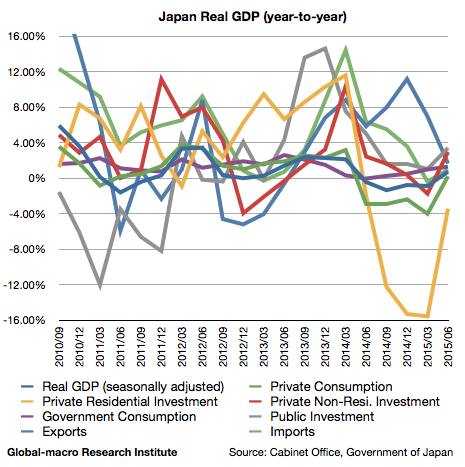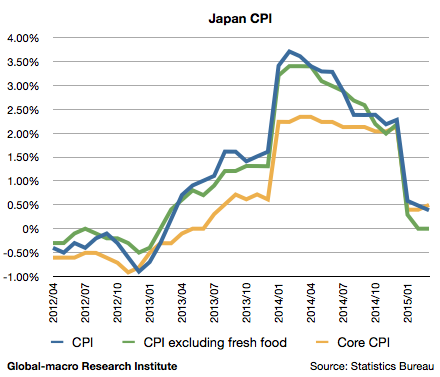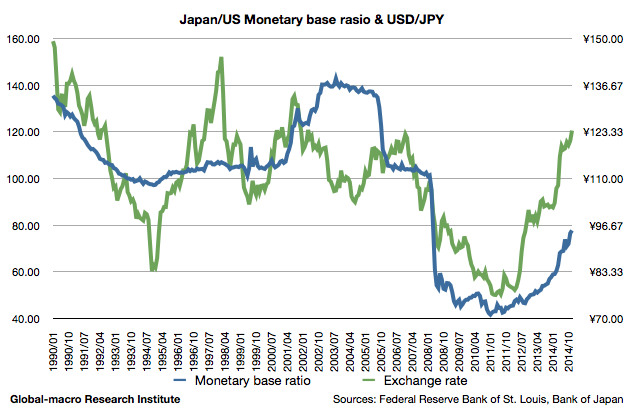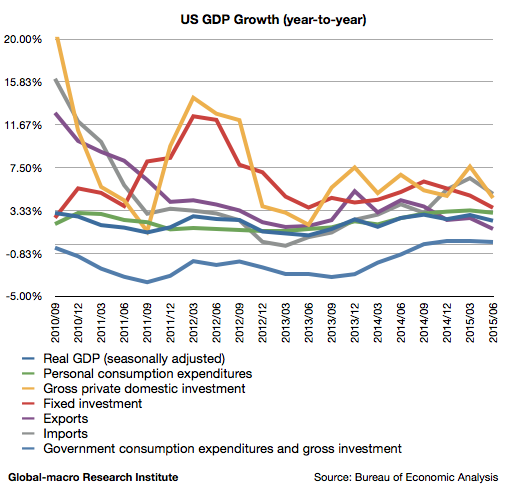After the radical plunge in the global stock markets in August, the stock prices rebounded once and are seeking its direction after this turmoil.
Investors are carefully watching what the central banks will do. Some of them first even expected the Fed might restart the QE, but after the Fed policymakers revealed to remain seeking a rate hike, this kind of subjective hopes disappeared. We already explained why they would remain hawkish:
Continue reading Why 2015 resembles 1987 before Black Monday: central banks and rate hikes



